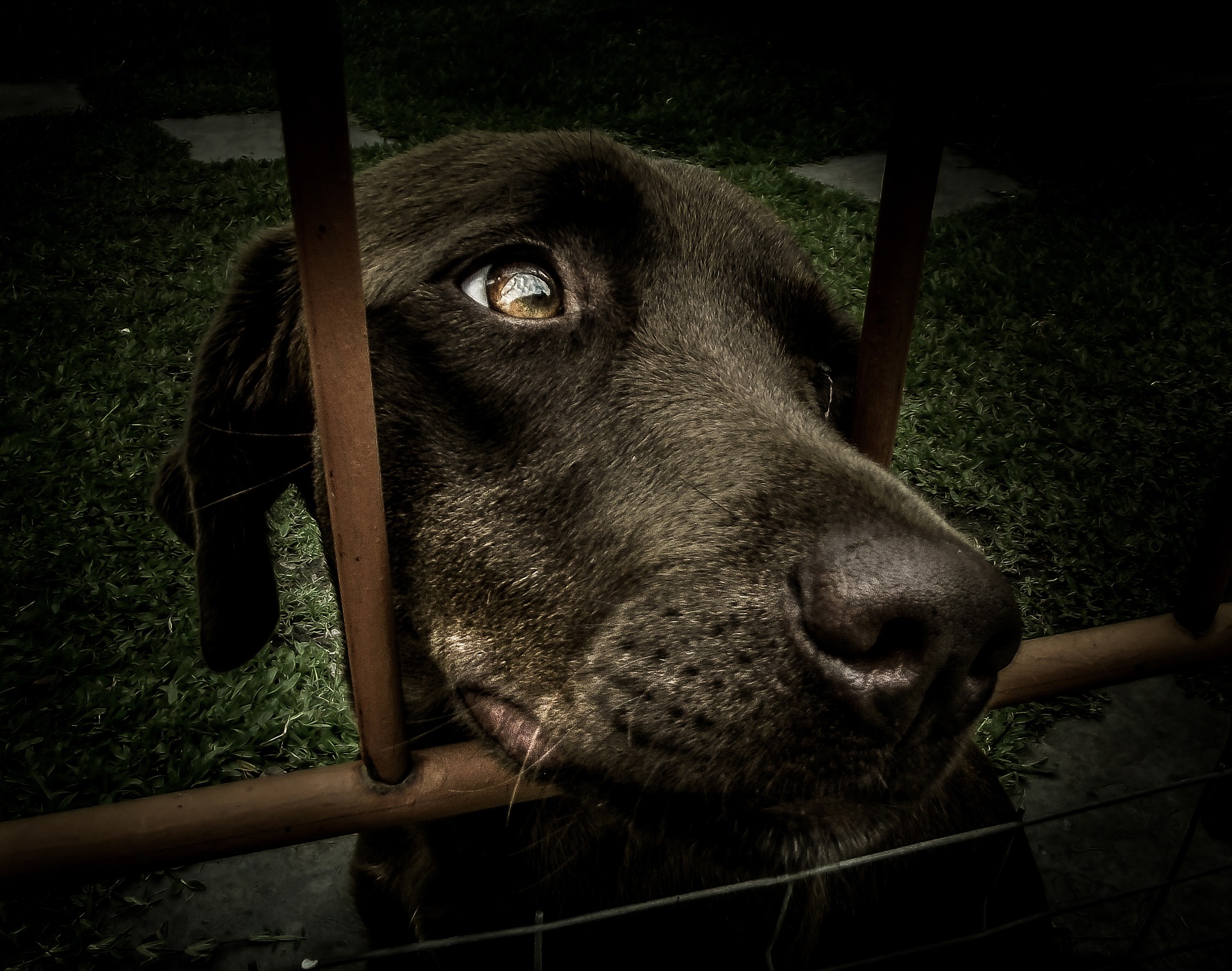The BC SPCA is beginning a campaign to stop the use of shock collars and pain based training on pets.
Shock collars, also known as electronic or e-collars, are a training tool that “work by delivering an uncomfortable electrostatic shock to the dog’s skin,” according to the animal service.
Lorie Chortyk, General Manager of Communications with the BC SPCA, said they’re asking pet owners to sign a pledge to not use them with their pets.
“We’re reaching out trying to encourage people not to use aversive training methods with their animals. Certainly we understand that pet owners want to protect their animals from certain behaviours and to do the best training possible, but these are just not good tools,” said Chortyk.
“All the research shows that not only do it cause psychological pain, fear, stress and increases aggression, it also causes real physical pain, burns to the neck.”
Dr. Karen van Haaften, senior manager of behaviour and welfare for the BC SPCA and a Board-certified veterinary specialist in behaviour, said another unfortunate result of shock collar training is the break down between an individual and their pet.
“An animal will sometimes associate the pain of the shock with other things in their environment at the time, including their owner. We urge people to seek out one of the many effective, reward-based training options available and to take a stand against harmful tools like shock collars,” she said.
According to them, reward based training has proven to be just as, is not more effective in addressing unwanted behaviours in an animal.
To take the BC SPCA pledge and to learn more, you can follow this link.






